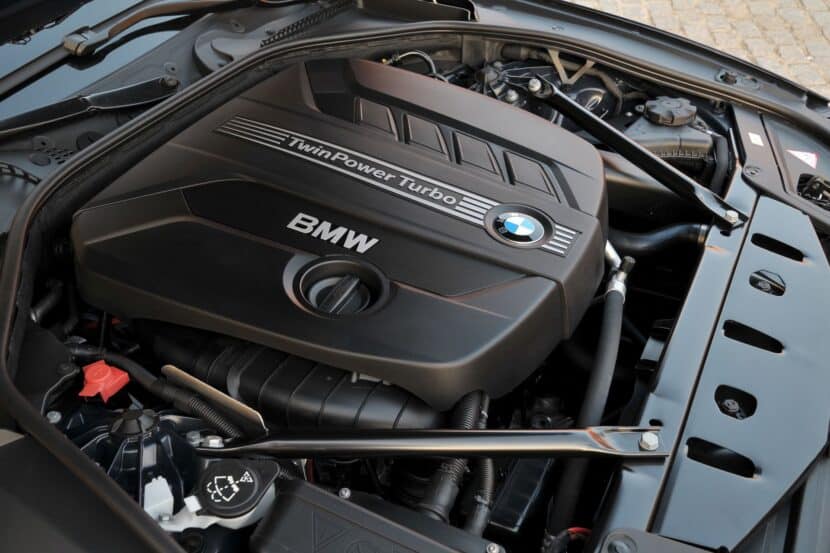BMW Will Continue To Invest In Gasoline And Diesel Engines
While many automakers are rushing to set cutoff dates for cars with combustion engines, BMW is sticking with its “Power of Choice” slogan. Head of development Frank Weber told us the Munich automaker has no intention of giving up on ICEs anytime soon. In fact, new investments will be made in gasoline engines. Not only that, but the company intends to pour money into diesels as well.
BMW still expects fully electric vehicles to account for half of its global sales by the end of the decade, but that means the other half will have internal combustion engines. Investing in ICE is necessary as emissions regulations are getting stricter in most parts of the world, especially in Europe. That said, the Euro 7 regulations have been significantly watered down compared to the initial proposal. In addition, the new standard won’t come into effect until 2030, five years later than originally planned.


Here’s what Frank Weber told us:
“We will continue to invest and develop gasoline, diesel, and plug-in hybrid engines… especially because it is not just about Europe having new, more demanding limits on polluting gas emissions. It’s a global process.”
Why isn’t BMW going all in on EVs? Because the world isn’t ready to give up on combustion engines so soon. Frank Weber points out that the charging infrastructure is underdeveloped and there’s not enough green electricity to power billions of cars. In addition, there are concerns about whether automakers have access to sufficient (and sustainable) raw materials. Moreover, how an EV is recycled in an environmentally friendly way at the end of its life remains a sensitive topic.
The long-term commitment to gasoline and diesel engines also has to do with uncertainties regarding incentives for EVs. With more and more governments reducing or eliminating subsidies, BMW reckons some people will decide to buy an ICE car instead because it’s cheaper. Offering a mix of gasoline, diesel, plug-in hybrid, and purely electric models allows the Bavarian marque to cover all the bases. Powertrain flexibility will prevail, likely well into the 2030s.
“The strategy we defined proved to be the most correct and worked to our advantage. And that is why whenever I visit a dealer, they tell me that the choice given to consumers (to opt for different types of propulsion) is fundamental. The customer chooses the model and then he picks the powertrain.”
Although the core brand expresses its long-term commitment to conventional drivetrains, the BMW Group reaffirms MINI and Rolls-Royce will become purely electric early next decade. It’s unclear what the plan is for ALPINA but we can’t imagine gasoline engines going to soon. In an interview with our sister site Bimmer Today in mid-2021, CEO Andreas Bovensiepen said customers are simply not interested in electric cars. While BMW has numerous EVs on sale today, ALPINA hasn’t worked its magic on any of them.
